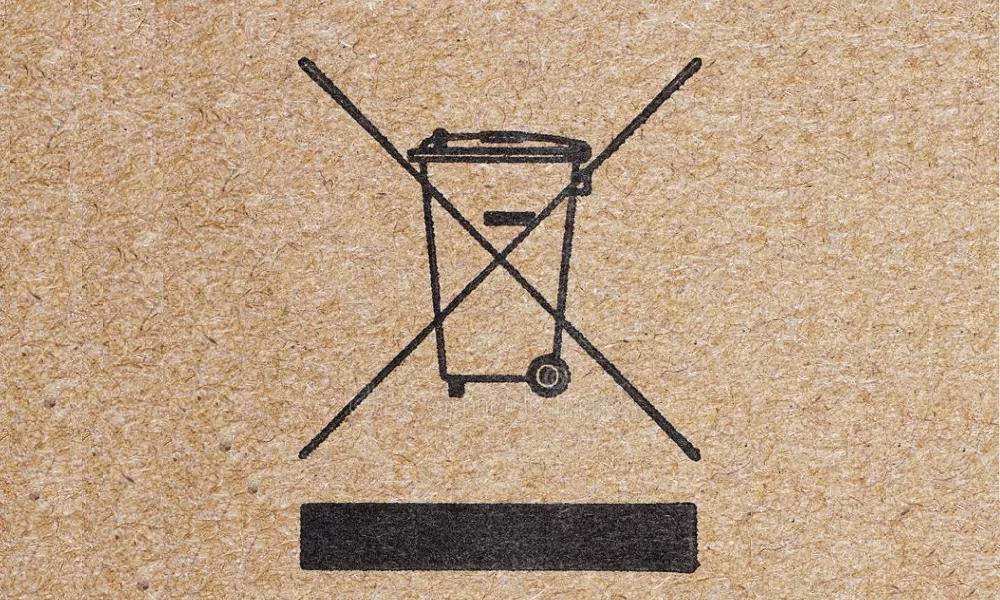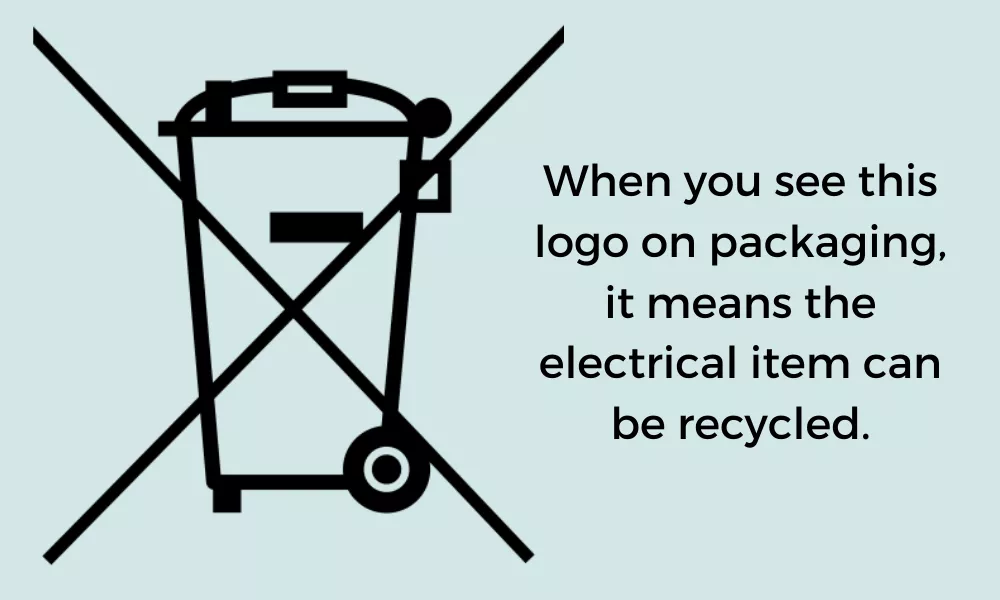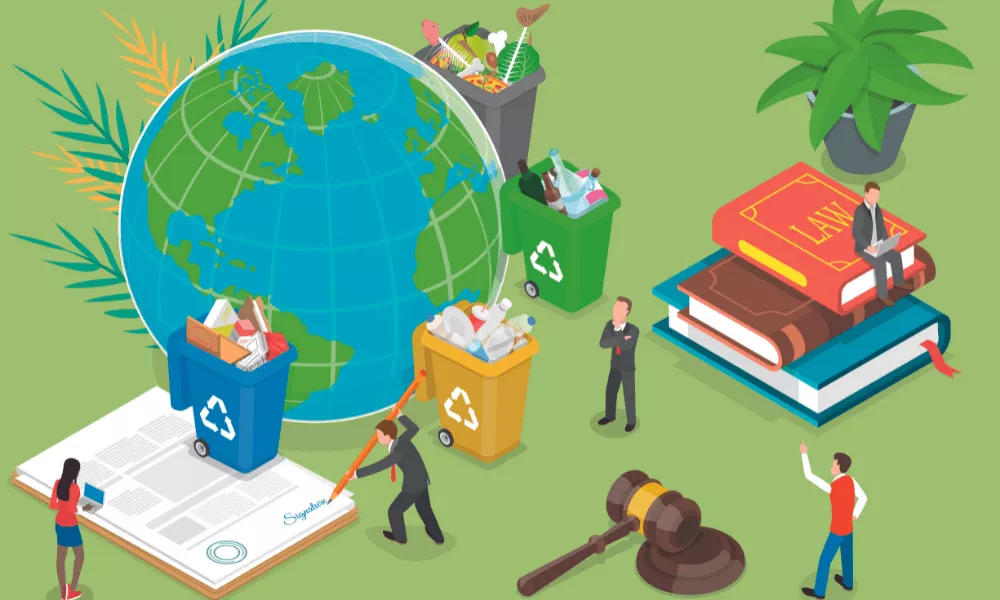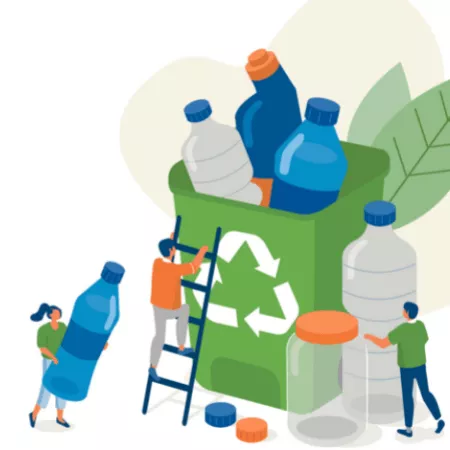At Redring, we understand the importance of recycling and the effect our waste is having on the planet. Unwanted electrical equipment is the UK’s fastest growing type of waste. Many electrical items can be repaired or recycled, saving natural resources and the environment. If we all do not recycle electrical equipment, it will end up in landfill where hazardous substances will leak out and cause soil and water contamination – harming wildlife and human health. To take steps into reducing harmful electrical waste, we recycle our electrical items using the Waste Electrical or Electronic Equipment (WEEE) System.
What is WEEE?
The Waste Electrical or Electronic Equipment (WEEE) Directive requires countries to maximise separate collection and environmentally friendly processing of these items.
Waste Electrical and Electronic Equipment (WEEE) refers to any household or non-household electrical or electronic equipment that is broken or redundant. It is basically anything that is powered by a battery or plug socket. WEEE can include:
• Small electrical appliances such as kettles, toasters and sandwich makers
• Microwaves
• Fridges
• Freezers
• Computers and monitors
• TVs
To remind you that old electrical equipment can be recycled, it is now marked with the crossed-out wheeled bin symbol. Please do not throw any electrical equipment (including those marked with this symbol) in your bin.







